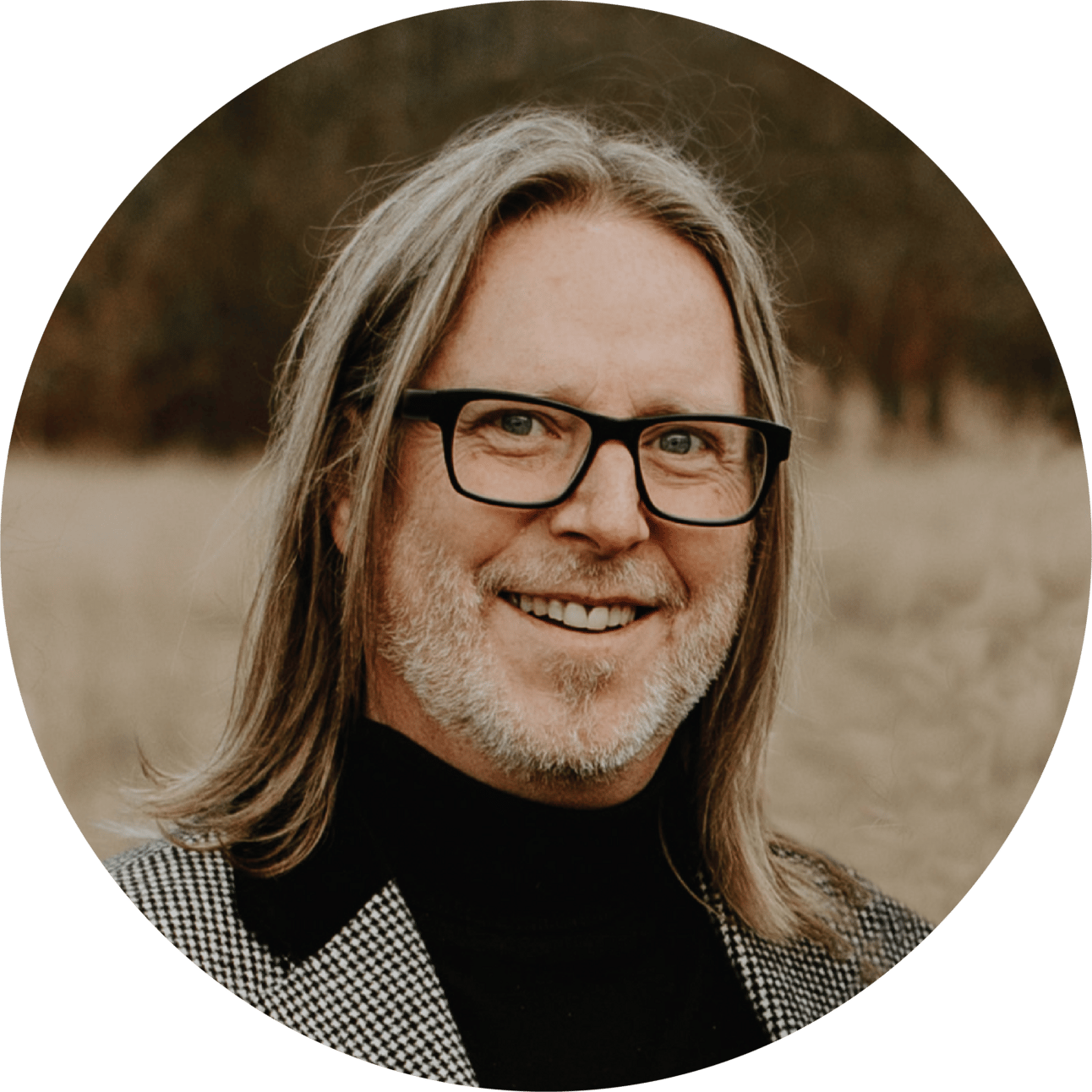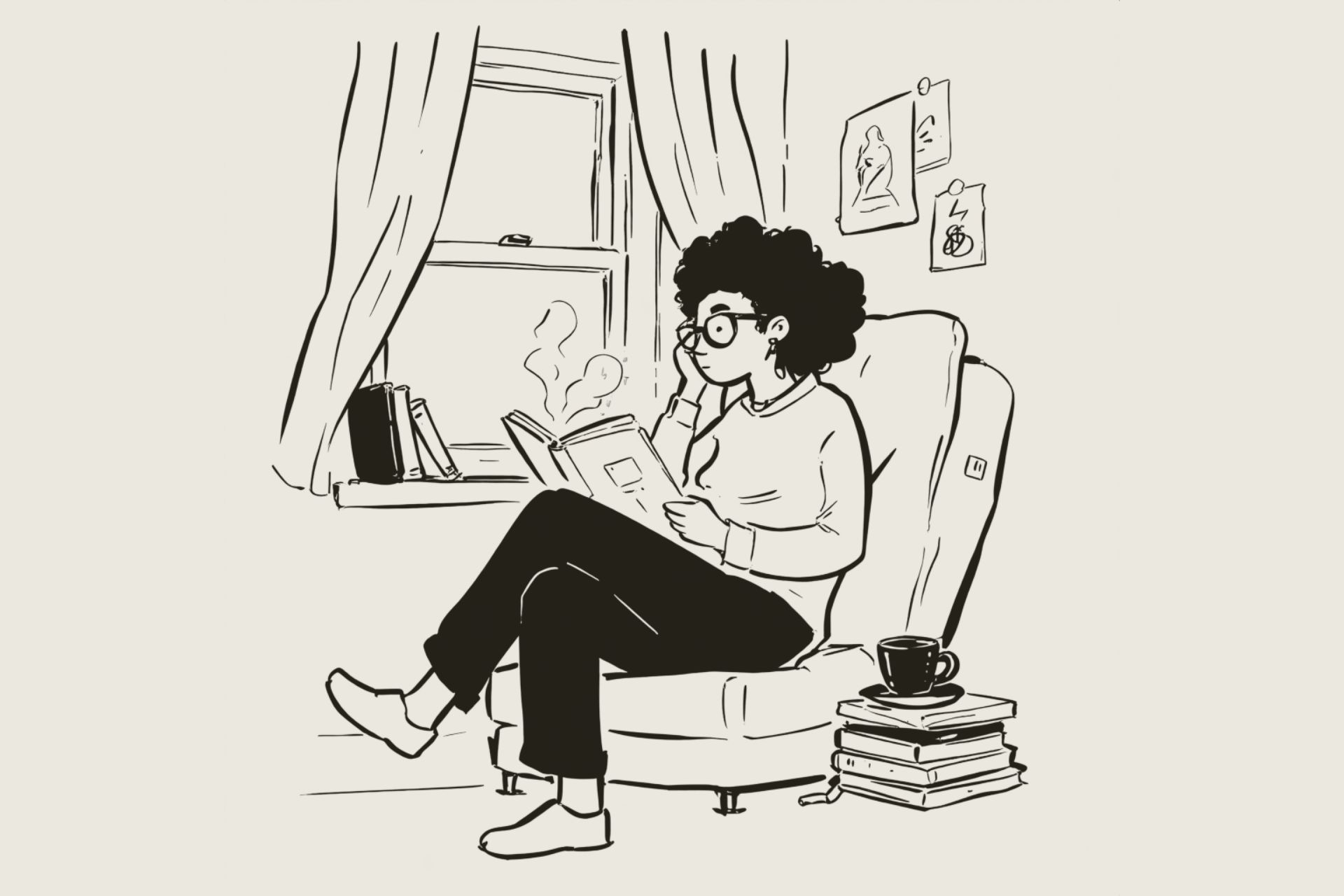Imagine waking up already feeling behind. You haven't even brushed your teeth, and the voice in your head has started its morning shift:
“You're a mess.”
“You're not doing enough.”
“Why even try?”
You drink your coffee, smile at your coworkers, answer emails, and quietly carry the weight of a story that says you'll never be quite okay.
But what if the problem isn't your life—or even your feelings
What if the real problem is the story you've been telling yourself about yourself? For centuries, we've tried to locate the root of our suffering. Is it trauma? Biology? Loneliness?
The Stoic philosopher Epictetus had a radical thought over 1,700 years ago:
It's not events themselves that disturb us, but our thoughts about them.
Modern psychology picked up where he left off. Cognitive Behavioral Therapy (CBT) now echoes the same idea: change the thought, and you can change the feeling.
It sounds almost too simple. But the latest research—and the lived experience of thousands—suggests it may be more than just theory. It may be the first real key to freedom.
What The Research Is Telling Us
Recent data from the Feeling Great mental health app, featured in Psychology Today, confirmed something ancient philosophers and modern psychologists have long suspected: your thoughts don't just reflect how you feel—they cause how you feel.
The research analyzed thousands of users and here's what they discovered:
Users who reduced belief in just one negative thought (like “I'm a failure”) saw immediate, measurable improvements in anxiety, depression, and shame.
One-third of users reached this shift in under 80 minutes.
Statistical modeling showed that thoughts directly cause emotions—not the other way around.
Emotions had very little power to change beliefs; but beliefs had powerful, rapid effects on emotional states.
The greater the shift in belief, the greater the emotional relief.
In short: Your thoughts shape your emotional reality. Change the thought, change the feeling. This isn't fluff. It's the science behind how your brain was designed to work.
Why This Matters to LifeApp
This research affirms what we've been seeing for years at the LifeApp 3 Day.
We don't tell people what to think. We help them see what they've been thinking, often unconsciously—and then give them the tools, space, and community to shift it.
We use experiential practices to bring old stories to the surface, challenge their authority, and plant new, truer narratives—ones rooted in love, not fear. When someone leaves a 3 Day weekend lighter, stronger, more alive—it's not because their circumstances changed. It's because their beliefs did.
They stop believing the thought, “I'm unlovable,” and start seeing the evidence of belonging.
They stop believing the thought, “I'll never change,” and start experiencing change in real time.
They stop believing the voice that says, “Don't trust anyone,” and begin to open their heart again.
This kind of transformation isn't magic. It's neuroplasticity—your brain's ability to change itself when given new information and safe conditions to change.
And yes—it can begin in a weekend.
Five Real Stories of Inner Transformation
(Names and details have been changed to protect privacy)
1. The Shift From Shame to Strength
“I used to think I was broken beyond repair.”
She came to the 3 Day reluctantly, attending only because her husband wanted her to. Decades of childhood trauma and emotional neglect had taught her to armor up. Vulnerability was not an option. But over the course of the weekend, something unexpected happened: she let herself be seen. Not fixed, not analyzed—just held in unconditional regard. The most surprising part? The shift lasted. Months later, she shared, “I used to hear voices in my head telling me I was unlovable. Now, when they show up, I know what to say back. I've found my voice—and I use it.”
2. From Success to Self-Worth
“I didn't know how much I was struggling—until I couldn't show up anymore.”
He was a top-performing realtor, known for his energy, leadership, and drive. But beneath the surface, the voice in his head was relentless. “You're not successful enough. You're letting people down. If you fail, you'll be alone.” It got so loud, he started avoiding the office. Even fishing—his favorite escape—lost its joy. At the 3 Day, he came face to face with the pressure he'd been silently carrying. “I realized I'd let fear become the narrator of my life. That weekend gave me back my voice—and reminded me of who I really am.” He returned more grounded, more present, and more powerful than before—not because the pressure disappeared, but because the lies no longer had the mic.
3. From Loneliness to Belonging
“I didn't realize how much I needed community.”
She had a great career, a lovely family, and a full schedule—but no one who truly knew her. She came to the retreat guarded, unsure if she belonged. What she found was a room full of people also carrying unspoken burdens. “It was like being given permission to be human again.” In just three days, she found herself surrounded by strangers who became mirrors, witnesses, and eventually, friends. “I left with phone numbers and soul connections. I now have people I can call who know the real me.”
4. Breaking Generational Patterns
“I stopped blaming my father—and started living my own life.”
He arrived angry—at the world, at his family, at himself. Years of pain had hardened into cynicism. But during a pivotal moment, he saw himself not just as a wounded son, but as a man with the power to stop passing down what had been handed to him. “For the first time, I saw my father's wounds—and I saw mine. And I decided I wouldn't keep carrying them.” After the retreat, he began making amends, showing up differently in his relationships, and even volunteering to support others on their journey.
5. Reconnecting with Her Inner Child
“I found the little girl I thought I'd lost.”
She had spent her life trying to be perfect—always achieving, always pleasing. But underneath it all was a little girl who just wanted to be loved for who she was. A moment in the retreat cracked something open. “I imagined myself as a child and couldn't believe how harshly I'd been speaking to that little girl in my mind.” The experience didn't just soften her—it transformed how she mothered her own children. “Now, I see them more clearly. I speak love. And I speak it to myself, too.”
Three Ways to Start Rewiring Your Thinking Today
Catch the Thought, Don't Chase the Feeling
The next time you feel anxious, sad, or unmotivated—pause and ask: “What thought just ran through my mind?” Name it. Write it down. The shift begins with awareness.Interrupt the Script with Truth
Ask: Is this thought 100% true? Is there evidence against it? Would I say this to someone I love? When you question the authority of the inner critic, it starts to lose its grip.Replace Reaction with Rehearsal
Instead of waiting for a feeling to motivate change, rehearse the truth: “I am learning. I am not alone. I can do hard things.” Speak it, write it, act it—until your brain starts to believe it.
Change Your Belief, Change Your Life
You are not your thoughts. You are not the worst thing you've ever believed about yourself. And you are not required to listen to the voice that knows all too well how to criticize and cut you down from within.
There is a you beyond the voice of contempt and shame. A you that doesn't need to be micromanaged by fear. A you that is whole, worthy, and wildly capable of change.
This is what we do at the LifeApp 3 Day.
Not magic. Not hype. Just real human beings, in real time, rewriting the stories they've been living in for far too long.
If you're ready to identify and stop believing the lies, and to start living the truth, we'd love to see you at the next 3 Day.
Until next week,
Jonathan Penner | Founder & Exec Dir. of LifeApp


Resources To Dig Deeper?

Book
Feeling Great
Feeling Great is based on 40 years of research and more than 40,000 hours treating individuals with severe mood problems. The goal is not just a rapid and complete elimination of negative feelings, but the development of joy and enlightenment. In Feeling Great, Dr. David Burns reveals that our negative moods do not result from what’s wrong with us, but rather—what’s right with us. And when you listen and suddenly “hear” what your negative thoughts and feelings are trying to tell you, suddenly you won’t need them anymore, and recovery will be just a stone’s throw away.
-M.D Burns, David D.

Video
Feeling Good
In this talk, Dr. David Burns, a renowned Stanford psychiatrist and pioneer of cognitive behavioral therapy (CBT), explores how our thoughts—not our circumstances—are the primary source of emotional suffering. Drawing on decades of clinical research and real-world practice, he shows how identifying and challenging distorted beliefs can lead to rapid, lasting relief from anxiety, depression, and self-criticism. His work makes a compelling case for the idea that freedom begins not with fixing your life, but with changing the way you think about it.
-Dr. David Burns (17:56)

Blog
What Causes Depression?
Dr. David Burns discusses recent findings that support the cognitive behavioral therapy (CBT) perspective on depression. The study indicates that reducing belief in negative thoughts can lead to an 87% decrease in negative emotions.
-Dr. David Burns, Psychology Today

Music
Bad Thoughts
“Bad Thoughts” is like a lifeline tossed to you from someone who’s been in the same dark water. It claws its way through the noise and shame and says, “Hey—just because you think something doesn’t make it true.” This song is good news for anyone who’s ever mistaken their inner critic for God, for truth, for reason. It reminds us that we are not our thoughts. That we can choose who gets to drive. That standing up today, even shaking, still counts. It’s not just a song. It’s a quiet, brave rebellion against the lies in your head. And it ends, not with certainty, but with the kind of stubborn hope that might just save your life: “Maybe not now, but I’ll be okay soon.”
-Rachel Platten (4:47)

